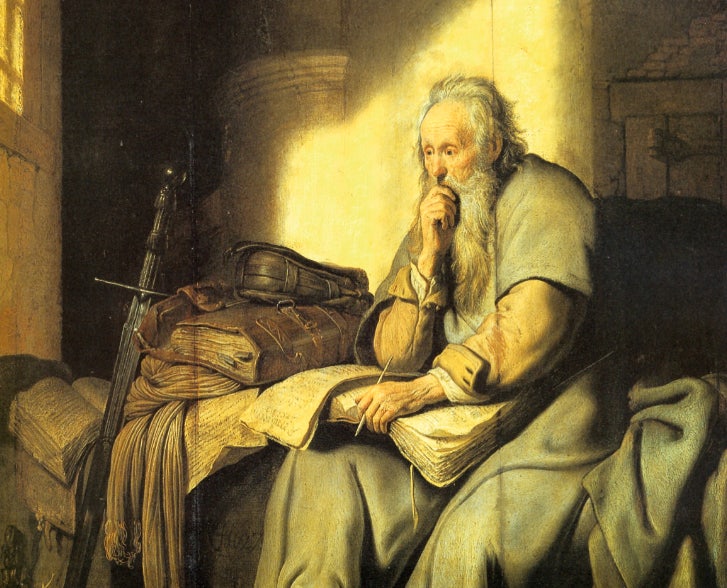The gift of loyalty: what it means to be honest

It is becoming increasingly difficult in today's world to trust something or someone, for good reason. There is little that is stable, secure to rely on, reliable. We live in a world where everything is evolving, where everywhere we observe distrust, abandoned values, downsized beliefs, people who move from where they once were, contradictory information and dishonesty and lies seen as socially and morally acceptable. There is little trust in our world.
What does this call us? We are called to many things, but perhaps nothing more important than faithfulness: to be honest and persevering in what we are and what we represent.
Here is an illustration. One of our Oblate missionaries shares this story. He was sent as a minister to a group of small indigenous communities in northern Canada. People were very kind to him, but it didn't take him long to notice anything. Whenever he made an appointment with someone, the person didn't show up.
Initially, he attributed this to bad communication, but eventually realized that the model was too coherent to be an accident and therefore approached a community elder for advice.
"Every time I make an appointment with someone," he said to the old man, "they don't show up."
The old man smiled knowingly and replied: “Of course they won't show up. The last thing they need is to have a stranger like you organize their lives for them! "
Then the missionary asked, "What should I do?"
The elder replied, “Well, don't make an appointment. Introduce yourself and talk to them. They will be kind to you. More importantly though, this is what you need to do: stay here long and they will trust you. They want to see if you are a missionary or a tourist.
“Why should they trust you? They have been betrayed and lied to by almost everyone who has come here. Stay long and then they will trust you. "
What does it mean to stay long? We can stay around and not necessarily inspire trust, just as we can move to other places and still inspire trust. In its essence, being around for the duration, being faithful, has less to do with never moving from a given position than it has to do with remaining trustworthy, staying true to who we are, at I believe that we profess, the commitments and promises we have made, and what is most true in us so that our private lives do not believe in our public person.
The gift of faithfulness is the gift of a life lived honestly. Our private honesty blesses the whole community, just as our private dishonesty hurts the whole community. "If you are here faithfully," writes author Parker Palmer, "bring great blessings." On the contrary, writes the 13th century Persian poet Rumi, "If you are unfaithful here, you do great harm."
To the extent that we are faithful to the creed we profess, to the family, friends and communities in which we are committed, and to the deepest moral imperatives within our private soul, at that level we are faithful to others and to that degree " we are with them for a long time "
.
The opposite is also true: to the extent that we are not faithful to the creed we profess, to the promises we have made to others and to the innate honesty in our soul, we are unfaithful, we move away from others, being the tourist not the missionary.
In his Letter to the Galatians, St. Paul tells us what it means to be together, to live with each other beyond the geographical distance and other contingencies in life that separate us. We are with each one, faithfully as brothers and sisters, when we live in charity, joy, peace, patience, goodness, long-suffering, meekness, perseverance and chastity. When we live within these, then "we are with each other" and we do not move away, regardless of the geographical distance between us.
Conversely, when we live outside of these, we do not "stay with each other", even when there is no geographical distance between us. The house, as poets have always told us, is a place in the heart, not a place on a map. And the house, as Saint Paul tells us, lives in the Spirit.
It is this, I believe, that ultimately defines loyalty and perseverance, separates a moral missionary from a moral tourist and indicates who stays and who leaves.
In order for each of us to remain faithful, we need each other. It takes more than one village; it takes us all. Loyalty of a person makes loyalty of everyone easier, just as infidelity of a person makes loyalty of everyone more difficult.
So, within such a highly individualistic and surprisingly transient world, when it may seem that everyone is moving away from you forever, perhaps the greatest gift we can give ourselves is the gift of our loyalty, to stay long.